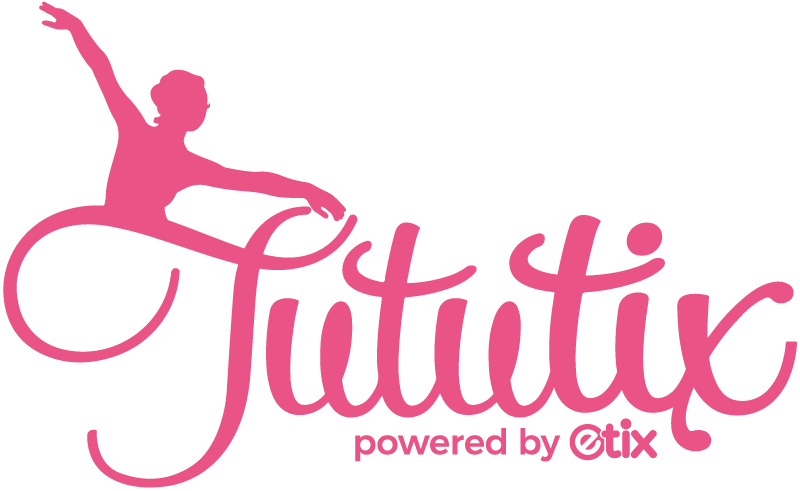If you’re considering opening a dance studio, you may have a lot of questions. Well, you’re not alone. There are plenty of other aspiring dance studio owners with the same concerns. Consider a few of these frequently asked questions if you want to start a dance studio.
1. What’s the best place to open a studio?
Picking the right location for your dance studio can have a lot to do with your success rate. Of course, you want it to be in a spot that’s easy for parents and dancers to find and see—it shouldn’t be tucked away out of sight. It should also have adequate parking space—enough for staff, students and parents, Dance Exec stated.
It’s also a good idea to look at a location that has a space for a drop-off lane. That way, it won’t disrupt traffic flow but dancers can come and go as they please. The location should also be safe or else parents will not feel comfortable dropping off their children. Look for a space that is local to a park, a school or another establishment that welcomes children. It shouldn’t be near bars or other areas that are adults-only.
Another location consideration is your proximity to other studios, and whether you’ve taught or attended at those locations. Most studio owners would take offense at a former teacher or student opening a studio in a location that would place them in direct competition. Even if you were not previously affiliated with nearby studios, you’ll want to consider whether you’re willing to go head-to-head with those already-established businesses.
2. How can I afford to start a dance studio?
Owning a dance studio can certainly come with its expenses. Between leasing or buying a space and utilities and maintenance, costs can quickly add up. All studio owners need have a business plan, which should include an analysis of these and all other costs, before considering opening a studio. Again, it’s important not to skimp on the studio’s location to try and help your budget.
Instead, choose a smaller space at first that you can expand on later. Look into bank loans and see if there’s one you qualify for that’s reasonable for your budget. If you’re incredibly passionate about opening a studio but can’t afford the space, think about opening one in your basement or garage to help build clientele before moving to a bigger spot.
3. Where should I look for potential staff?
As an owner, you may attempt to run the studio on your own at first, and that’s OK. However, as your clientele grows, you’re going to need a little help. Consider posting ads for local college dance students to see if they are willing to take on an unpaid internship, Dance Teacher suggested. That way, you can save money and have an experienced staff.
If you’re impressed by their teaching skills, offer them a job down the road when you’re completely financially stable. If you are ready to hire instructors right away, the administration of those nearby college dance programs may be able to recommend suitable candidates. If there are any semi-professional dance companies in the vicinity, you might also want to send them information on open positions. Whichever route you take, make sure you are hiring staff with the right qualities for the job.
4. How do I come up with a good name for my studio?
If you’ve always wanted to open a dance studio, you may have a few names in mind. However, if this is a recent initiative, it might be more difficult for you to think of something. Picking a name is one of the very early steps in the process of opening a studio. Regardless of what you choose, it should be easy to remember. That means it shouldn’t be a long name, DanceStudioOwner.com noted. It should also be a name that clearly indicates you’re a dance studio, whether it has dance in the name or not. You can choose something simple, like Jenny Smith Dance Studios, or something that has a play on words, like At the Barre.
Finally, make sure that your name is easy to say AND easy to search for on the web. You don’t want a name that you have to constantly spell or explain—those can be hard to remember. On the other hand, you also don’t want to choose a name that’s too generic and risk people being unable to find you in an online search. Find a good balance!


